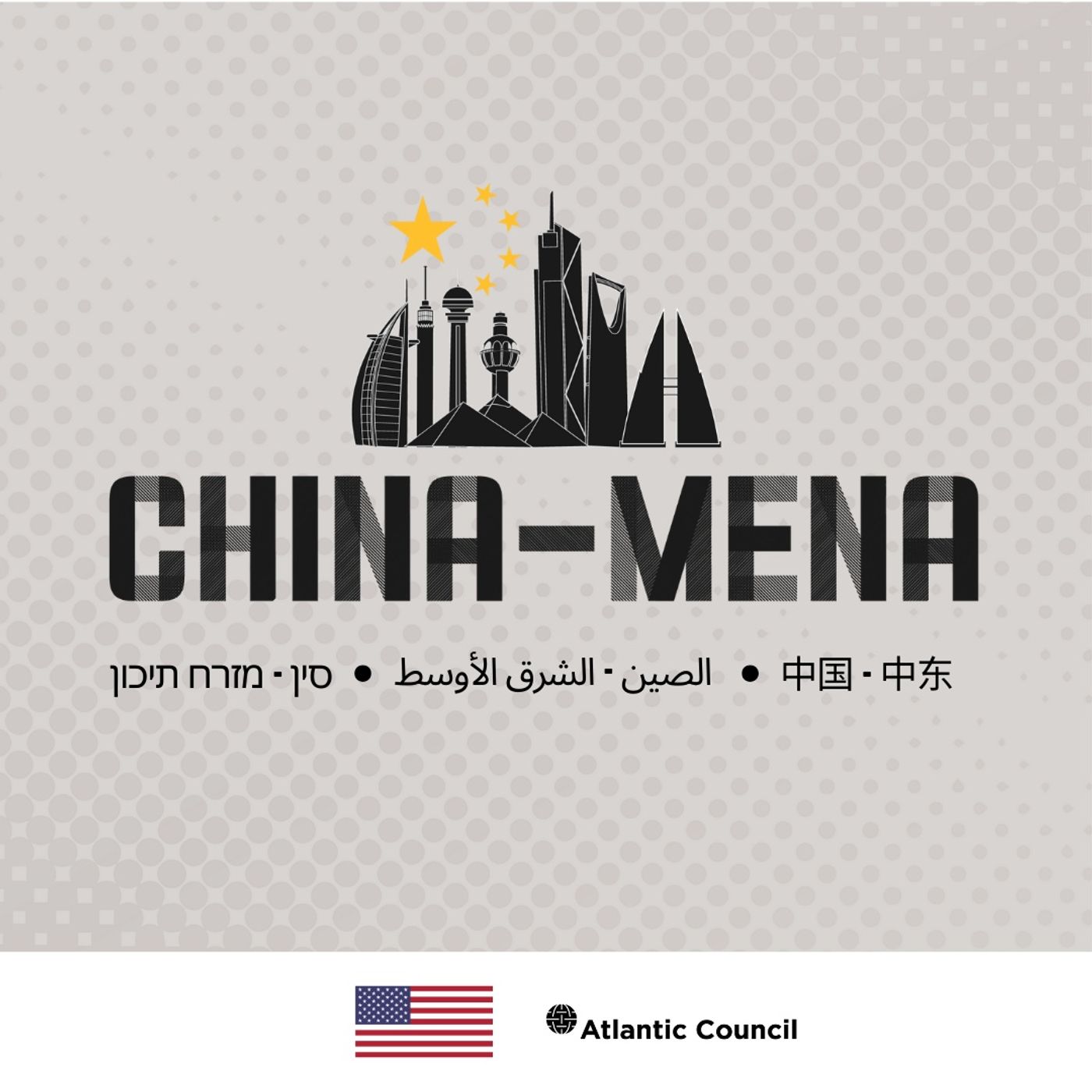Listen "Chinese Tech in North Africa"
Episode Synopsis
China has been expanding its Belt and Road Initiative around the world, but they are also working on a new version of BRI that utilizes the Digital Space. The initiative was dubbed the Digital Silk Road Initiative. The Digital Silk Road Initiative, or DSRI, is already in motion across the Middle East and North Africa, particularly in North Africa. Chinese big tech companies like Huawei have been assisting North African countries in digitizing their economies to compete with First World countries. These can also lead to wonderful opportunities for North Africans since DSRI promises regional economic growth.In this podcast, We are joined by Tin-Hinane El-Kadi, a political economy researcher, currently writing a Ph.D. thesis at the London School of Economics and Political Science (LSE), looking at China's Digital Silk Road in North Africa. They talked about China's Digital Silk Road Initiative and Huawei's role in setting it into action. They also discussed the impression of the Chinese in North Africa, as China begins to establish a political role in the region. They also discussed Chinese ventures that focus on leveraging the digital domain. Data Centers, AI or Machine Learning, Cloud Computing, and 5G Technologies are all examples. Finally, they discussed the future connection between China and North Africa. Key TakeawaysThe Overview of the Digital Silk Road Initiative of ChinaThe Role of Huawei in the DSRI of China in North AfricaHuawei perceived by Other Countries as not a Commercial CompanyDeep Chinese Presence in Countries in North AfricaWhat the North Africans thought of China and Their Presence in the RegionSignificant Projects of Huawei and Other Chinese Tech Giants in the RegionThoughts about the Relationship between China-North Africa QuotesI believe there is a disconnect between China's existing economic presence in the area and people's perceptions of China. - Tin-HinaneHuawei was instrumental in the transition from 2G to 3G to 4G and, most likely, to 5G. It also plays a major role in the enterprise sector, interacting with businesses and setting up data centers, cloud computing, and cloud capacity. - Tin-HinaneI believe that governments around the region see the BRI as a wonderful chance to develop infrastructure, attract investment, and generate jobs for the region's millions of unemployed. - Tin-Hinane Featured in this EpisodeJonathan FultonNonresident Senior Fellow for Middle East Programs at the Atlantic Council. Assistant Professor of Political Science at Zayed University in Abu Dhabi Profile: https://www.atlanticcouncil.org/expert/jonathan-fulton/Linkedin: https://ae.linkedin.com/in/jonathan-fulton-2627414bTwitter: https://twitter.com/jonathandfulton Tin Hinan El-KadiPolitical Economy Researcher whose Work Focuses on China and the Middle EastProfile: https://en.issra-dz.org/tin-hinane-el-kadi/Linkedin:https://www.linkedin.com/in/tin-hinane-el-kadi-234329171Twitter: https://twitter.com/tinhinanel Email/Contact: [email protected] Chapters00:00 Introduction02:17 An Overview of the Digital Silk Road Initiative05:32 How Does Huawei fit in the DSRI of China08:37 Other Countries See Huawei as not a Commercial Company15:43 Deep Chinese Presence in Countries of North Africa18:44 What the North Africans thought of China24:31 Significant Projects of Huawei in the North Africa Region 30:13 Some Tech Projects by Chinese Tech Giants in The Region35:04 North Africans Appetite in Cooperation with China38:58 Thoughts about the Relationship between China-North Africa41:16 Conclusion This podcast is produced by Heartcast Media.https://www.heartcastmedia.com/
More episodes of the podcast CHINA-MENA
China's Law of the Sea in the Middle East
06/03/2024
China's Role and Impact on MENA's Air Domain
10/01/2024
 ZARZA We are Zarza, the prestigious firm behind major projects in information technology.
ZARZA We are Zarza, the prestigious firm behind major projects in information technology.
